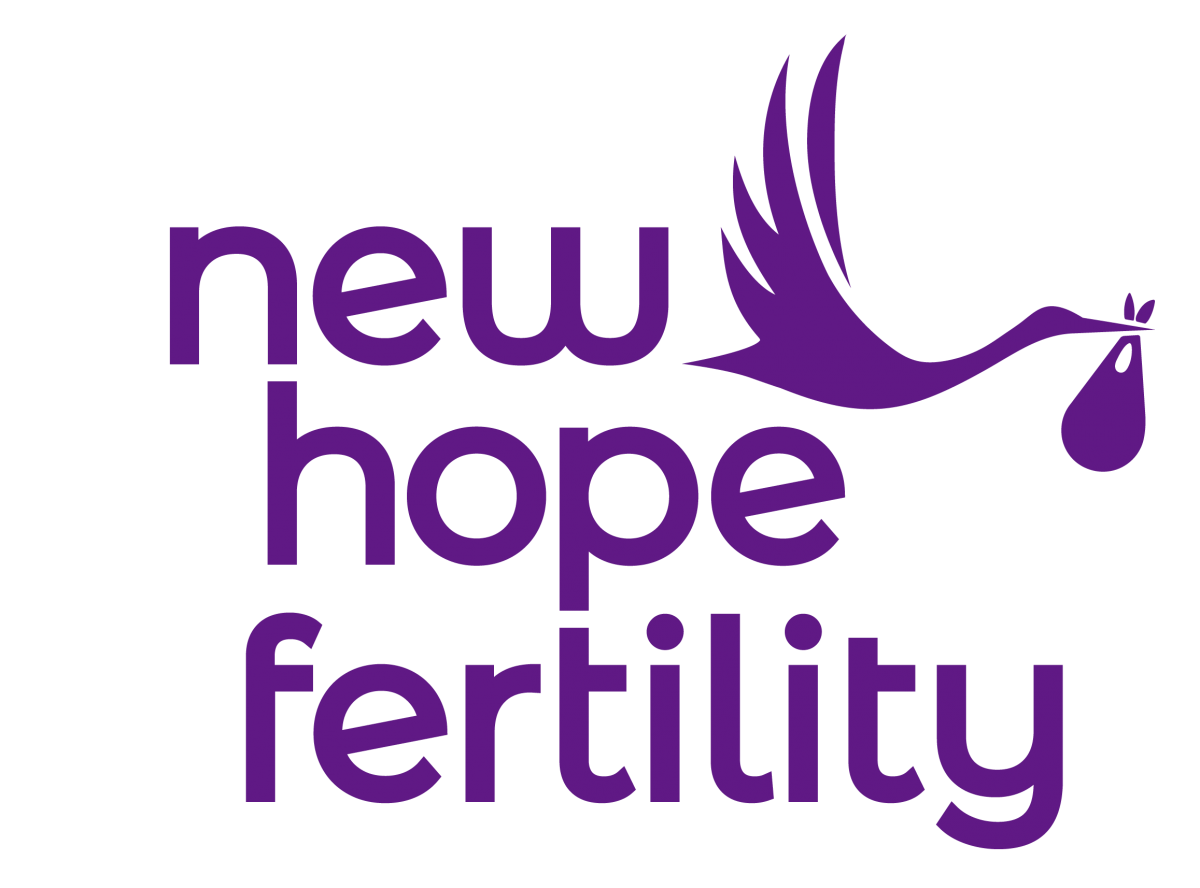Becoming an egg donor is a serious commitment. Donor eggs are an essential contribution to patients who cannot naturally experience pregnancy with their own eggs. Donors are encouraged to thoroughly research the process and risks associated with in vitro fertilization (IVF). It is important to make an educated decision before committing.
This brings us to some common misconceptions that surround the donor process.
Let’s take a minute to look at some of the most common:
Egg Donation can cause infertility by diminishing egg count.
Contrary to popular belief, egg donation does not significantly decrease egg count. Females are born with anywhere from one to two million eggs and lose only a few hundred through ovulation. For most donors, less than 30 eggs are retrieved. This leaves plenty of eggs for future use! Remember, it only takes one good egg to become pregnant.
In truth, there is no evidence that donating negatively impacts a donor’s ability to conceive. Some donors are in fact already parents themselves. However, that does not mean there aren’t risks associated with the process and procedure. Ovarian hyperstimulation syndrome (OHSS) is an infection that a small number of women donating may encounter, but the risk is considered rare.
You can donate as many times as you like.
The American Society of Reproductive Medicine has set guidelines for how many times a single individual can donate. Because of this, donors are limited to donating no more than six times. The wait between donation cycles is based on recommendations from the presiding doctor. Each donor’s cycle schedule may differ based on their lifestyle, age, and overall health.
This limit is for the health of the donor as well as limiting the amount of offspring with shared genetic traits.
Anyone can donate.
When it comes to egg donation requirements, there are set standards and federal regulations that all clinics must follow. General requirements for donor candidates include:
- 18-28 years old
- Regular periods
- Healthy BMI
- Non-smoker
- Be a U.S. citizen or have the legal right to work in the U.S.
- Non-drug user.
- No reproductive disorders/abnormities.
- Must have 2 ovaries.
- Continued education(Trade, Associate’s, Bachelor’s, Master’s)
- Must have morning flexibility for at least 10 appointments (majority of appointments in the
last 2 weeks of your egg donation cycle).
I have parental rights/responsibilities to the children born from my eggs.
One of the largest misconceptions surrounding egg donation is the mindset that donors are “parents.”
So, do donors legally have a right or responsibility to the children born from their eggs? No. Egg donors relinquish all rights and responsibilities associated with the donated eggs and children that result from them. Donors sign legal contracts, parental rights waivers, informed consent releases, and confidentiality agreements before donating.
The recipient or child will have access to my personal information.
Egg donor arrangements are almost always anonymous, which means the donor does not know who receives the eggs and vice versa. In situations like these, information about the egg donor is presented in a non-identifying manner. Traits like donor’s last name, contact information, address, and more are hidden.
In the case the donation is not anonymous, donors are informed and sign consent forms allowing personal data to be shared. This typically applies to cases where a family member or friend is donating for a specific recipient.
New Hope Fertility brings together world-class fertility specialists that are committed to bringing the best IVF treatment. Become a donor today!
Why New Hope?
New Hope Fertility Center is home to world-renowned fertility specialists. We custom-design fertility treatments for the individual to increase the chances of a successful pregnancy. Our specialists believe in putting the patient first and being with them through every step of the fertility journey. Our team is well-versed in helping women of all ages reach their fertility goals and we are passionate about educating, and supporting our patients throughout their journey. If you want compassionate fertility care, New Hope is the right place for you. Call us at (347) 970-8479 or schedule your initial consultation today!

